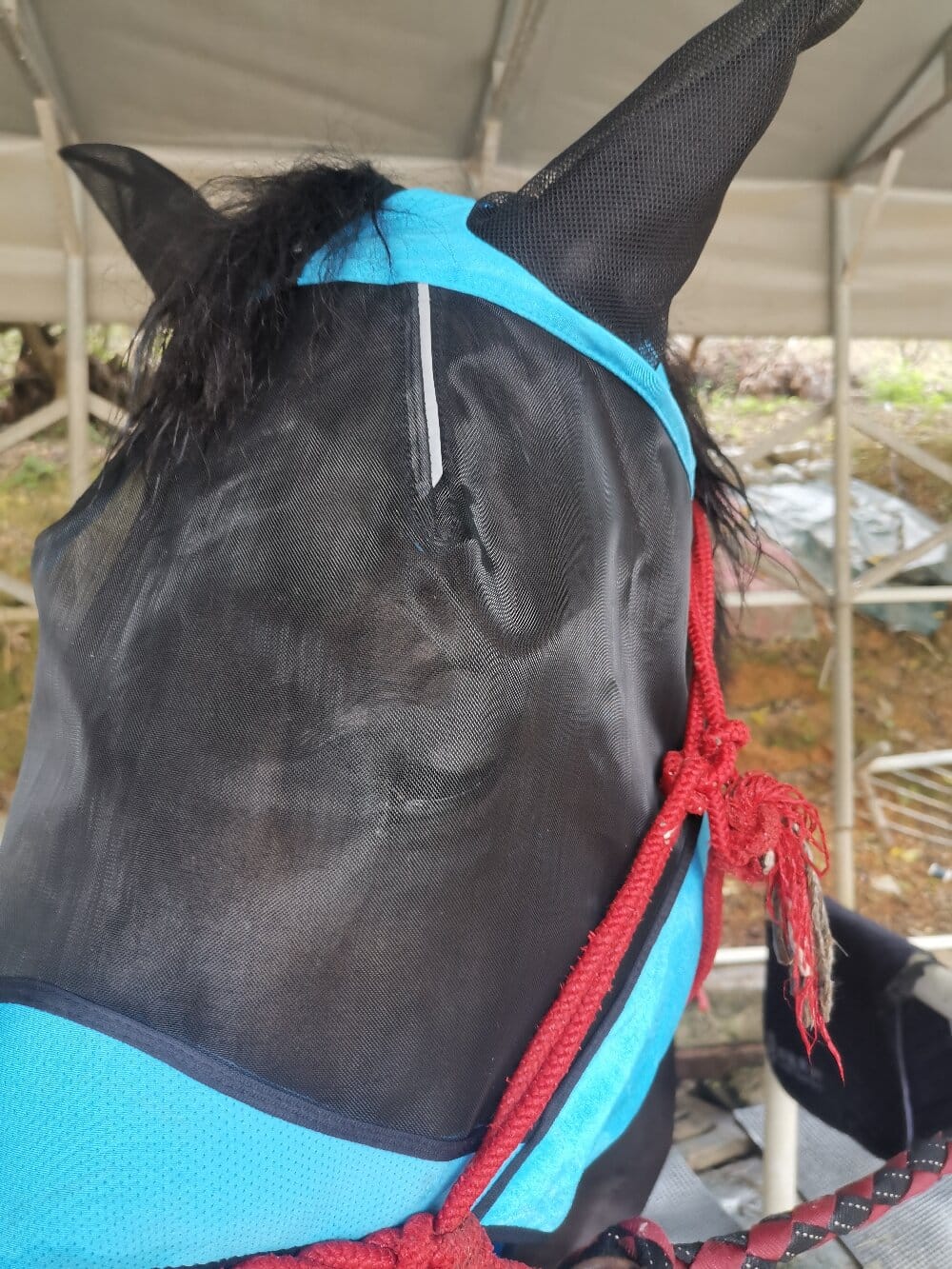A horse fly mask is an essential piece of equine gear designed to protect horses from irritating and potentially harmful insects. Flies, gnats, and other pests can cause discomfort, infections, and even diseases in horses, making protective measures like fly masks a necessity. Whether you own a competitive show horse or a beloved pasture companion, understanding the benefits and types of fly masks can help you make an informed decision for your horse’s well-being.
The Importance of Protecting Horses from Insects
Horses are particularly vulnerable to insect bites, especially around their sensitive eyes, ears, and muzzle. Persistent flies can lead to:
- Eye irritations and infections (e.g., conjunctivitis)
- Skin allergies or dermatitis from constant biting
- Stress and agitation, affecting performance and behavior
Veterinarians and equine experts agree that prevention is far better than treatment when it comes to insect-related issues. A well-fitted fly mask acts as a barrier, reducing the risk of these problems significantly.
Types of Horse Fly Masks: Which One Is Right for Your Equine?
Not all fly masks are created equal. Depending on your horse’s needs, you may choose from several styles:
- Standard Fly Masks: Cover the eyes and sometimes the ears, made from lightweight mesh.
- Full-Face Fly Masks: Extend to the muzzle, offering full-face protection.
- UV-Protective Masks: Shield against both insects and harmful sun rays.
- Earless Designs: Ideal for horses sensitive to ear coverage.
Equine specialists recommend assessing your horse’s environment—whether it’s a sunny pasture or a stable with heavy fly populations—to determine the best option.
Expert Tips for Choosing and Maintaining a Fly Mask
Selecting the right horse fly mask involves more than just picking a style. Here’s what professionals suggest:
- Fit Matters: A mask that’s too tight can rub, while a loose one may slip off. Measure your horse’s head for accuracy.
- Material Quality: Opt for breathable, durable fabrics that won’t trap heat.
- Easy Cleaning: Machine-washable masks save time and ensure hygiene.
- Regular Inspections: Check for wear and tear to prevent accidental injuries.
Dr. Emily Carter, an equine veterinarian, emphasizes, “A poorly maintained fly mask can do more harm than good. Always ensure it’s clean and in good condition.”
Common Misconceptions About Fly Masks
Some horse owners hesitate to use fly masks due to myths. Let’s debunk a few:
- “Horses don’t need them if they’re indoors.” Flies can still enter stables, and UV protection remains beneficial.
- “They impair vision.” High-quality masks use fine mesh that doesn’t obstruct sight.
- “Only show horses need them.” All horses benefit from protection, regardless of their role.
Equine behaviorist Mark Reynolds notes, “Fly masks can actually improve a horse’s quality of life by reducing stress from pests.”
Final Thoughts on Horse Fly Masks
Investing in a horse fly mask is a small step that yields significant benefits. From preventing infections to enhancing comfort, these accessories are a must-have for responsible horse care. By choosing the right type and maintaining it properly, you can ensure your horse stays happy, healthy, and free from pesky insects. Whether you’re a seasoned equestrian or a first-time owner, prioritizing your horse’s protection will always pay off in the long run.

